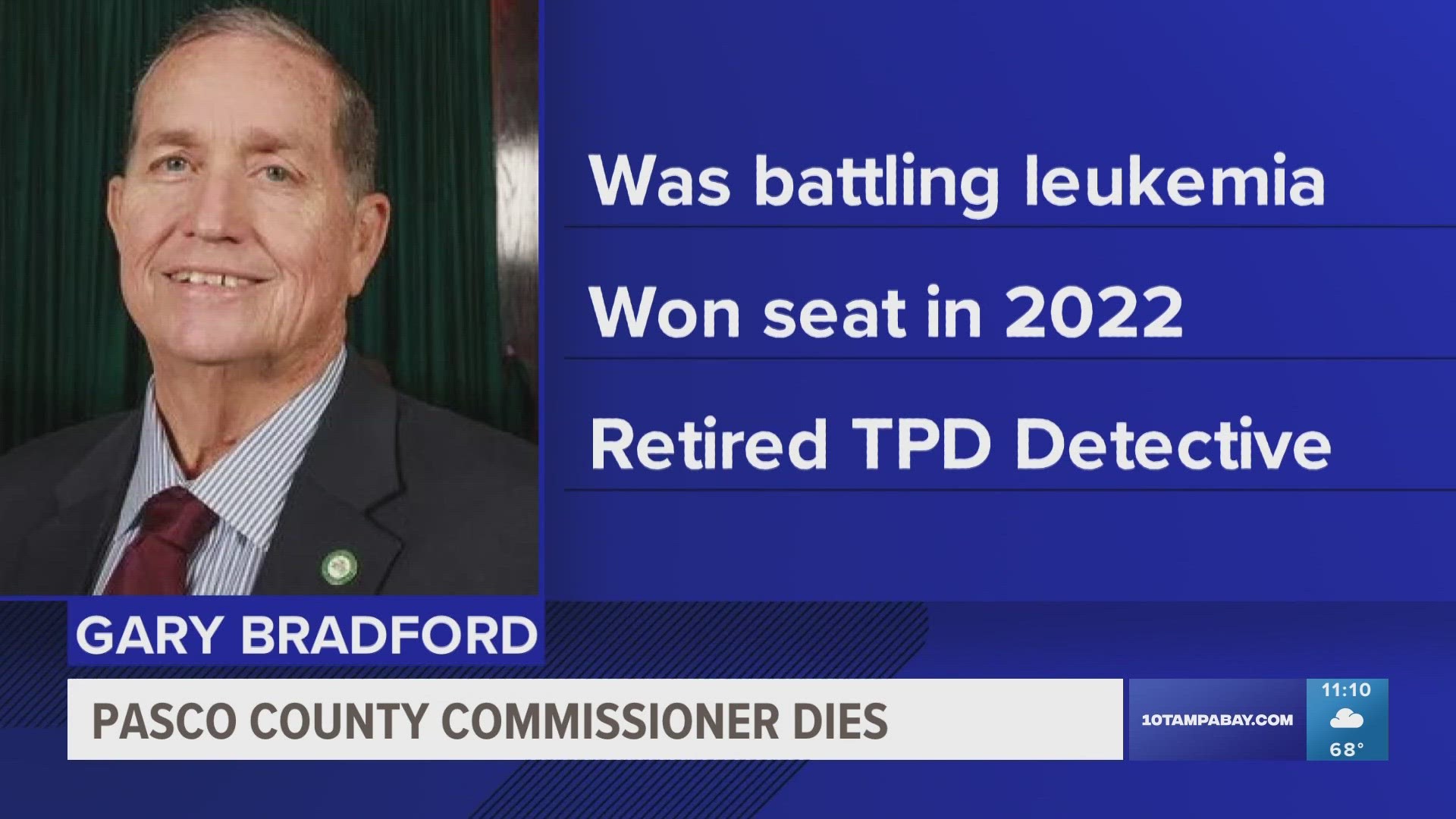When it comes to the debate on guns and gun control, there are a lot of opinions but arguably few hard facts.
The Valentine's Day shooting at a Parkland, Fla., high school that left 17 people dead has reignited a debate in Congress, not about guns, but about research -- or lack thereof -- on guns.
"The important thing to recognize is that good policy in this country has relied upon good data, scientifically and objectively obtained, and then placed before the people and their representatives to say, 'What can we do,'" said Dr. Jay Wolfson, a health policy expert with USF.
"But we're not even there yet."
Wolfson says something called the Dickey Amendment is to blame.
U.S. Rep. Jay Dickey, R-Ark., with big backing from the NRA, passed the amendment in 1996 as a message of sorts to the Centers for Disease Control and Prevention after the agencies researchers produced studies suggesting, for example, that having a gun in a home increased the risk of homicide or suicide.
The NRA saw it as political, Wolfson said, so the CDC was banned from using money to "advocate or promote gun control."
But then Congress followed up that amendment by stripping away all the funding the CDC had been using for any type of gun research.
More than 20 years later, the agency that keeps track of other causes of death has nothing in the way of compiled data on gun deaths.
It's data that Wolfson argues is not about finding ways to eliminate gun owners' rights. He says the data can show us frequency, distribution, and patterns of gun deaths to help create a better understanding of the question that's usually hardest to answer: 'Why?'
"It's saying 'What can we learn,' not just from this tragedy but what can we learn from all the data in our communities that may contribute to our understanding of 'Why do these things happen' without saying 'We're doing that in order to take away people's guns,'" Wolfson said.
"We're using it to understand — perhaps — what we can do for behavioral health, mental health, for the way we design our communities."
In recent days, congressional lawmakers and leaders in the Trump administration have signaled their openness to rolling back long-standing restrictions on the CDC's research into gun violence.
U.S. Reps. Carlos Curbelo and Stephanie Murphy, a Republican and Democratic respectively, are among Florida state lawmakers expressing bipartisan support to renew federal research into gun violence.
Even Dickey, the congressman responsible for the amendment, expressed regret before his death last year, saying he wished he hadn't been so reactionary.
"Scientific research... it's our responsibility," Dickey wrote in a Washington Post op-ed, which he penned with the former director of the CDC's gun research center following the Aurora, Colo. movie theater shooting in 2012.
►Make it easy to keep up-to-date with more stories like this. Download the 10 News app now.
Have a news tip? Email tips@wtsp.com, visit our Facebook page or Twitter feed.


